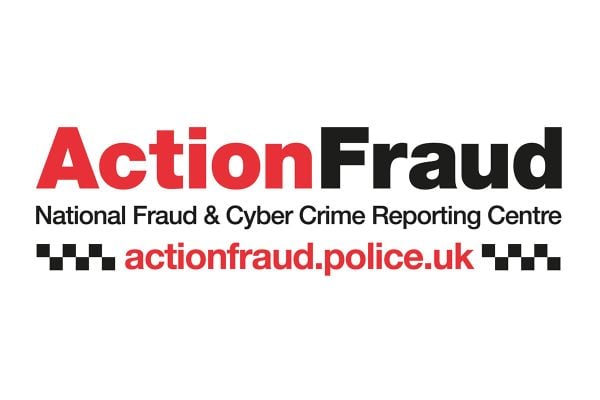We sellers are all too familiar with shopping online, but for those less familiar it’s always worth keeping your head firmly screwed on, especially when looking for a bargain. Christmas gift buying puts even more financial pressure on the household budget, delivery company uShip.com would like to remind people of the adage, “If it looks too good to be true, it probably is”. Incredible online deals can cause buyers to leave common sense at the door and fall prey to scammers.
In fact, the Get Safe online report published at the beginning of November showed that a staggering 51% of the UK population has been a victim of cybercrime in their lifetime. That said, many online fraud schemes follow a typical pattern, so if one knows what to look for, scams can be avoided.
Here are uShip’s top 5 tips to safe online buying this season
- Seller in sheep’s clothing. Firstly, scammers pretend to be legitimate sellers, advertise items through online classifieds sites like Facebook and free-ad sites, advertising an item that is particularly desirable at a very low cost, sometimes even free. This bargain price tends to make people act before they think things through properly.
- Read the fine print. If the person selling to you purports to be from a legitimate company, then check that the email address that you are receiving emails from is the proper corporate email account. Visit the website, and check that the details match, for example, does the head office address match? If there is a phone number call it, and verify the details of the transaction – no legitimate seller will ever have an issue with this.
- Moneygram, moneyscam. Scammers will usually ask for payment in a non-typical payment manner. In the UK we are all used to paying cash on collection for items bought through classified sites, or perhaps we’ll use PayPal or maybe even cheque. Scammers and fraudsters tend to ask for money to be paid to them via Moneygram, or Western Union – something that hides their proper identity.
- Pet unfriendly. Sadly, there are very few legitimate companies selling items in the UK that are based in Cameroon. So, if you see a Camaroon address your alarm bells should start ringing instantly, especially if they are selling pets.
- Seek answers, use logic. And finally, take a few minutes to apply the same thought and consideration to an online transaction as you would an offline transaction. If you feel that something isn’t quite right stop and think, ask a few questions, apply a bit of common sense and logic and ask yourself if this is the way that people normally behave.
uShip’s Safe Shipping Guide contains lots more information about staying safe online, and with particular advice and information about buying and selling items over the internet and having courier deliveries. So when you’re hunting for your online bargains this year take a few minutes out to think about the seller and check the details – Stay safe online this Christmas.








